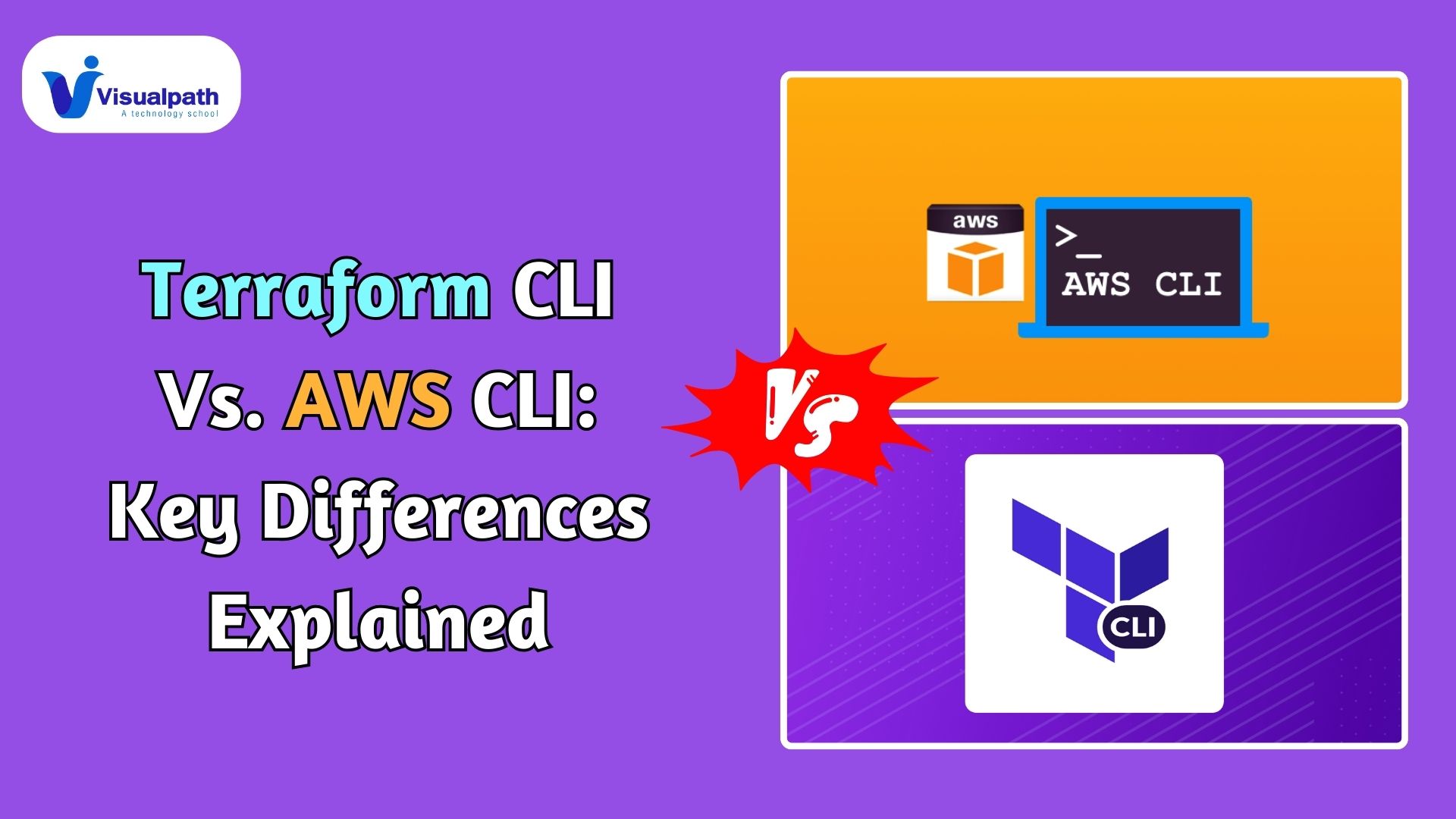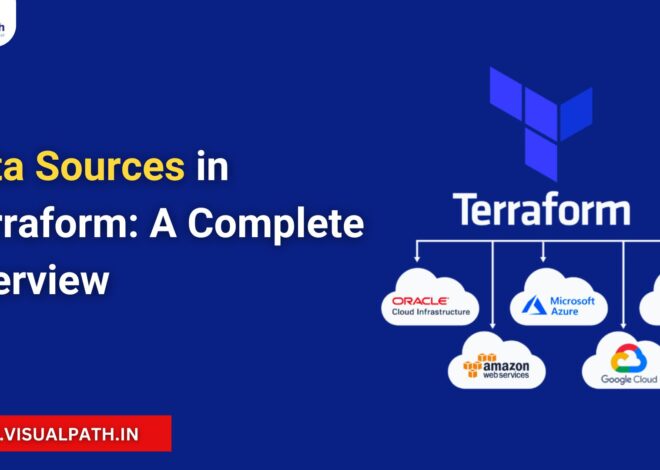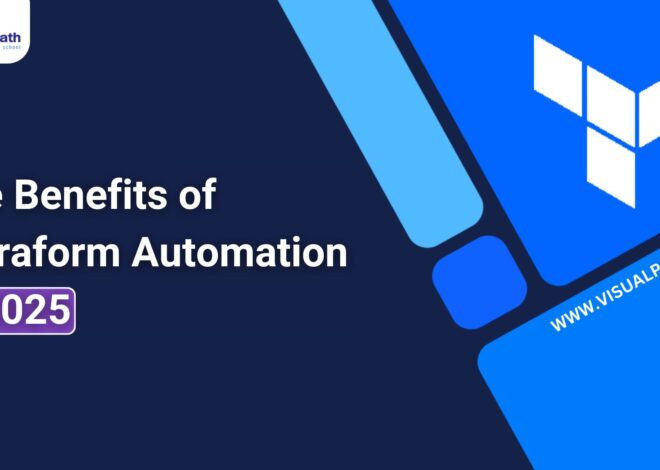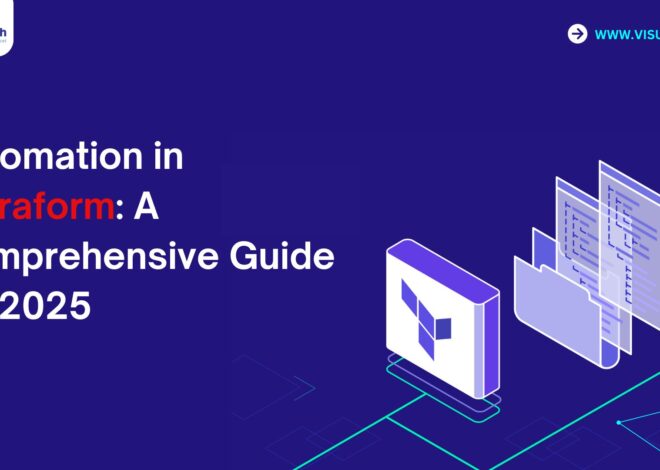The AWS CLI (Command Line Interface) and the Terraform CLI are both powerful tools for managing cloud infrastructure, but they serve different purposes and have distinct functionalities. Understanding the differences between them is crucial for efficiently managing cloud resources. Terraform Automation in Azure Online Training
AWS CLI Overview
The AWS CLI is a tool that Amazon Web Services (AWS) provides to directly interact with AWS services via the command line. It allows users to manage AWS resources by executing commands in the terminal, including EC2 instances, S3 buckets, RDS databases, and more.
- Direct Resource Management: AWS CLI enables direct management of AWS services by sending API requests to AWS. For example, you can launch EC2 instances, create S3 buckets, or configure security groups using commands like aws ec2 run-instances or aws s3 mb s3://bucket-name.
- Service-Specific Commands: Each AWS service has a set of dedicated commands. These commands are tightly coupled to AWS services, making AWS CLI ideal for executing immediate changes or querying the state of specific services. Terraform Online Training
- Scripting: AWS CLI is often used in scripts for automation, such as deploying resources, managing backups, or monitoring services. For example, an administrator can write a shell script that uses AWS CLI to scale an EC2 fleet based on demand.
Terraform CLI Overview
The Terraform CLI, provided by HashiCorp, is a tool for managing infrastructure as code (IaC). It is cloud-agnostic, meaning it works not only with AWS but also with other cloud providers like Azure, Google Cloud, and even on-premise data centres. With Terraform, you define your infrastructure in configuration files and use the CLI to provision and manage it.
- Infrastructure as Code: Terraform enables users to write infrastructure definitions in a declarative language (HCL – HashiCorp Configuration Language). Rather than manually provisioning resources with commands, you write code that describes what the infrastructure should look like, and Terraform automates the creation of those resources.
- Multi-Cloud Support: While AWS CLI is limited to AWS services, Terraform supports multiple cloud providers and platforms, making it suitable for hybrid and multi-cloud environments. A single Terraform configuration can manage AWS, Azure, and GCP resources simultaneously.
- State Management: Terraform uses a “state” file to track the current state of the infrastructure. When you apply changes, Terraform compares the desired state (defined in your configuration files) to the actual state (stored in the state file) and makes the necessary changes to align them.
- Immutable Infrastructure: With Terraform, infrastructure is treated as immutable. If changes need to be made, Terraform will modify or replace the existing resources, ensuring that the actual infrastructure always matches the desired state. Terraform Automation in Azure Cloud Training
Key Differences
- Scope of Use:
- AWS CLI: Only works with AWS services. It’s more suitable for managing and interacting with AWS on a service-by-service basis.
- Terraform CLI: Cloud-agnostic, works with multiple providers, and is ideal for managing entire infrastructure environments as code.
- Method of Provisioning:
- AWS CLI: Uses imperative commands, meaning you tell it exactly what to do (e.g., “create this instance”).
- Terraform CLI: Uses declarative configuration files, meaning you describe the desired state of your infrastructure, and Terraform determines how to achieve that state.
- State Management:
- AWS CLI: Does not track the state of your infrastructure. It performs tasks immediately without any awareness of the existing infrastructure.
- Terraform CLI: Manages state, keeping track of the current infrastructure, allowing you to plan and apply changes incrementally.
Conclusion
The AWS CLI is a tool for managing AWS services through direct commands, while Terraform CLI is a broader infrastructure management tool that provides a more structured approach using code. While AWS CLI is great for service-specific tasks and automation scripts, Terraform CLI excels in managing large-scale infrastructure across multiple cloud platforms. Terraform Automation Online Training
Visualpath is the Best Software Online Training Institute in Hyderabad. Avail complete Terraform Automation in Azure Online Training worldwide. You will get the best course at an affordable cost.
Attend Free Demo
Call on – +91-9989971070
WhatsApp: https://www.whatsapp.com/catalog/919989971070
Visit https://www.visualpath.in/terraform-online-training-in-hyderabad.html




